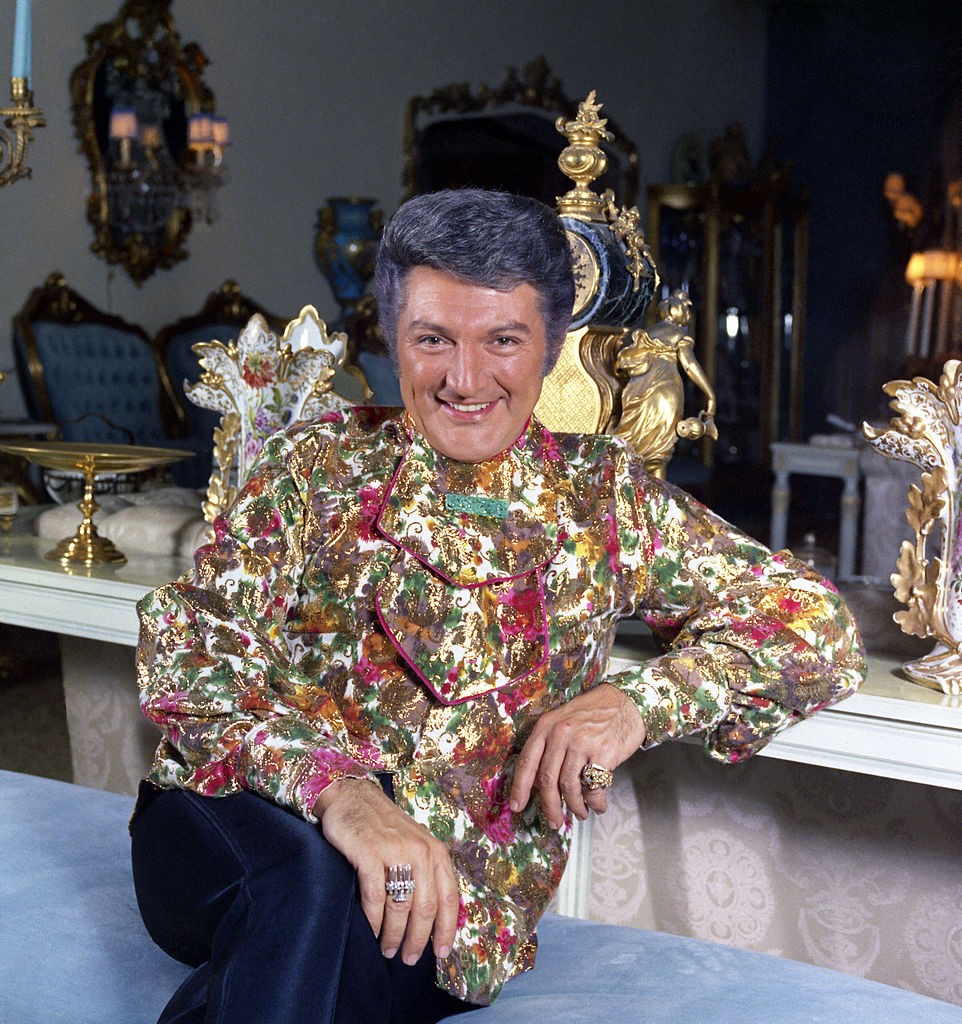With so many celebrities coming out and discussing their sexuality openly, it can be hard to remember that the days of the Hollywood Closet weren’t that long ago. While today society is more accepting and open-minded when it comes to the LGBT community, there was a time when even rumors about homosexuality could ruin a person’s career.
Concerns about rumors ending a career weren’t just the product of overactive imaginations, either. Back in the day, actors were seen as little more than good looking chattel to the major movie studios. Stories about stars of the silver screen being micromanaged so closely that marriages were arranged, abortions were procured and drugged child actors regularly.
Careers could implode or simply never make it off the starting blocks if any rumors about certain behaviors came out. When it came to sexuality, the lesson of how tenuous a career could be was driven home by the story of Billy Haines.
In the 1920s, Billy Haines was a box office draw. He had starred in several classic films such as The Midnight Express, Little Annie Rooney, and Navy Blues. He eventually met the love of his life – Jimmy Shields – and while their relationship was well known among fellow Hollywood residents, it was a secret from the public. But secrets like that are difficult to keep for long and before long rumors began surfacing about Haines and his sexuality. When Haines was caught in a YMCA with a sailor, his secret was officially out.
Louis B. Mayer, the infamously ruthless head of MGM and Haines’ boss, gave the actor an ultimatum: Agree to marry a woman to maintain the appearance of a wholesome actor or lose his contract – and his career. Haines refused, MGM promptly dropped him and he never worked as an actor again. He did, however, end up working as an interior decorator for major stars of the time including Joan Crawford, Betsy Bloomingdale and Ronald and Nancy Reagan.
Nevertheless, the public end of his acting career sent a clear message to other actors at the time: stay in the closet or plan to find another job. As a result, stars in Hollywood guarded their sexuality to some extreme degrees. We’ve brought together the stories of seven celebrities who were willing to hide the truth about themselves – in most cases denying themselves any kind of lasting or meaningful relationships – just so they could pursue their passion.
Anthony Perkins
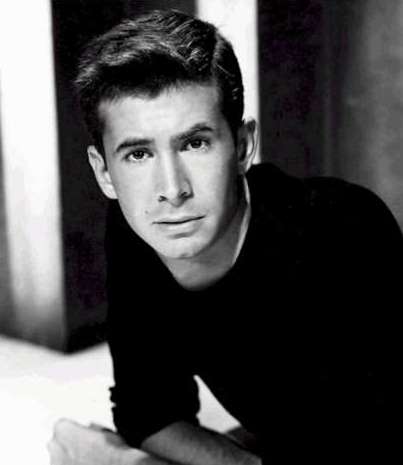 Fun fact: in the original book Psycho, Norman Bates is short, balding and overweight. Fans of the book may have originally objected to the casting of the slim, tall and dark haired Perkins as Norman Bates when the book was adapted for the big screen but any objections would have disappeared within minutes. Perkins, who was already a well-known and widely respected actor by then, having been nominated for an Academy Award for his role in Friendly Persuasion. He was also a popular music artist and had one of his hits, Moon-Light Swim, peak at number 24 on the Billboard Hot 100. Nevertheless, his role in Psycho would come to define him to a whole new generation. Perkin’s portrayal of Norman Bates, a man with some serious inner demons, became the role of a lifetime – and a strange sort of mirror for his own personal struggles.
Fun fact: in the original book Psycho, Norman Bates is short, balding and overweight. Fans of the book may have originally objected to the casting of the slim, tall and dark haired Perkins as Norman Bates when the book was adapted for the big screen but any objections would have disappeared within minutes. Perkins, who was already a well-known and widely respected actor by then, having been nominated for an Academy Award for his role in Friendly Persuasion. He was also a popular music artist and had one of his hits, Moon-Light Swim, peak at number 24 on the Billboard Hot 100. Nevertheless, his role in Psycho would come to define him to a whole new generation. Perkin’s portrayal of Norman Bates, a man with some serious inner demons, became the role of a lifetime – and a strange sort of mirror for his own personal struggles.
Perkins came to fame in the mid to late 50s, at the height of America’s obsession with wholesomeness – or at least the façade of wholesomeness. In fact, it was Perkins’ ‘boy next door’ looks that originally prompted Hitchcock to cast him in the role. Behind that public image, however, Perkins was a truly tormented young man. He had great anxiety about his sexuality and even went as far as to seek treatment hoping to cure himself of his same-sex attractions. Throughout his life he maintained relationships only with men. Over the years he had affairs and relationships with several actors and artists including Rock Hudson, Tab Hunter, Christopher Makos and Stephen Sondheim. Later in life he married a woman, photographer Berinthia “Berry” Berenson, and the couple had two children. Perkins reportedly never made peace with his sexuality before his death from AIDS related issues in 1992.
Robert Reed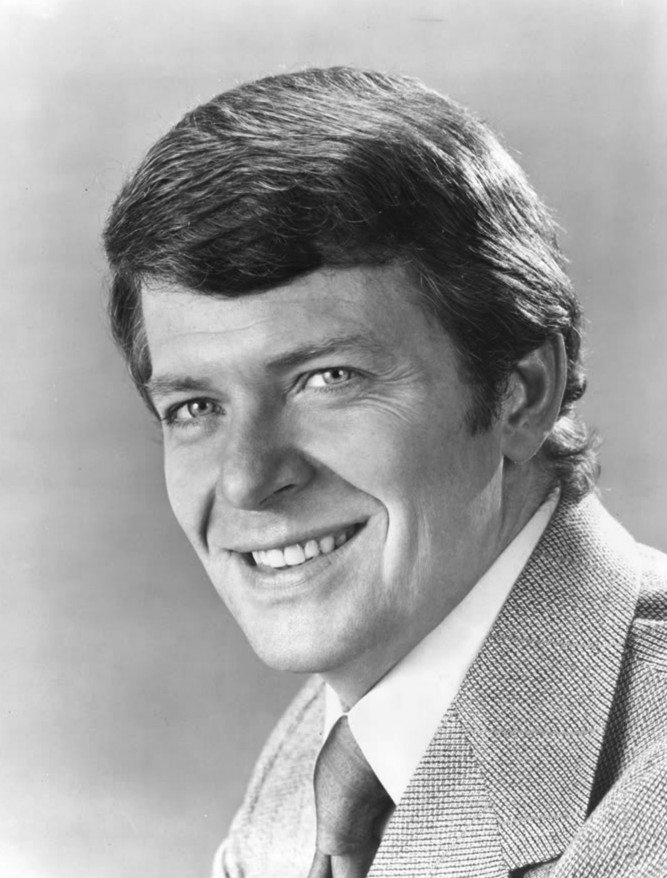
If Robert Reed’s name doesn’t ring a bell his character’s certainly will. Reed played Mike Brady on the popular sitcom The Brady Bunch for its entire run. The Brady Bunch was, in many ways, quite progressive for its time. It was one of the first shows to show a couple in bed (previously husband and wives shared two single beds in the same room) and it was also one of the first to feature a different family makeup. As a blended family, the Bradys were sometimes seen as a bit more progressive but the writers tended to avoid any serious social issues of the day.
Meanwhile, in the background, Robert Reed was avoiding his own major issue – the fact that he was gay. Reed’s homosexuality was known to most, if not all, of his co-stars but was not known publicly. Reed worked hard to keep it a secret not only out of fear for his career but also because he didn’t want a scandal to affect the show or his fellow cast members. There have been several reports that, in an attempt to keep his sexuality a secret and protect the show, Reed purposely avoided developing any long-term or serious relationships. When Reed died in 1992, his death certificate listed that he was HIV positive and that was when the public found out the truth about Mr. Brady.
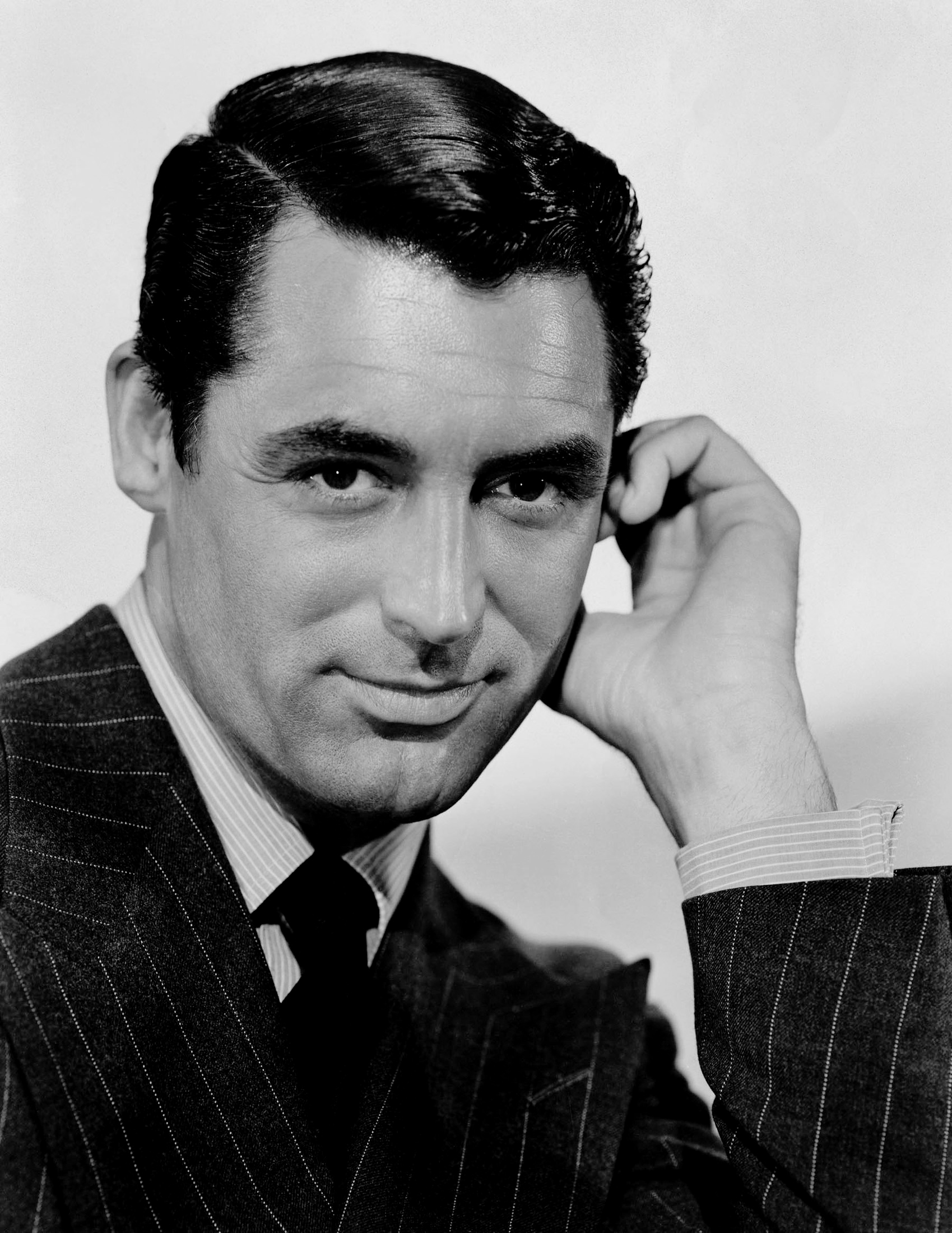 Cary Grant
Cary Grant
Cary Grant was the epitome of tall, dark and handsome and, as a result, he was a huge box office draw and heartthrob for a solid three decades. He had a carefully crafted public persona as the perfect leading man and he maintained a number of relationships and marriages with several women. At the same time, he lived off and on with Randolph Scott, a fellow actor. The two lived together for more than a dozen years and several biographers have asserted the two had a long-term affair. The idea of bisexuality wasn’t unheard of and many stars from that time were outed as enjoying both male and female lovers, but Grant never admitted to an affair and his surviving family also denies the claims.
Raymond Burr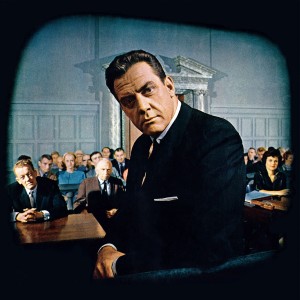
Raymond Burr is well-known for his longtime roles on Perry Mason and Ironsides. He was also a popular movie actor, appearing in major Hollywood hits like Rear Window. While he enjoyed success as an actor, he struggled with many issues of his personal life. Burr had always been a large man – he described himself as “grossly overweight” on several occasions – and his size limited him somewhat when it came to movie roles. While he shared some of his weight struggles publicly, he never shared his struggle with homosexuality. He did marry at one point – according to some biographers – but he also concocted a story about a previous wife and even a child who died which was, by all accounts, simply a way to divert attention from questions about his sexuality.
Liberace
And, finally, from the You’ve-Got-to-be-Kidding Department, Liberace is perhaps the most surprising celebrity who died in the closet. The beloved and internationally known singer and piano player was absolutely, without a doubt, 100% gay – as proven by his longtime relationship with several men (one of whom wrote a book) as well as his over the top persona and mannerisms. But while most people would look at Liberace as pretty much the stereotype of campy gay man, he spent a fair bit of time and energy suing anyone and everyone who alleged he was gay. He sued the Daily Mirror in the UK and Confidential Magazine in the US – and won both cases – when each published independent articles implying the singer way gay. Liberace enjoyed a career spanning more than four decades with the height of his success taking place in the 1950s and 60s – a time when homosexuality was seen at best as a sickness and, at worst, a sex crime. Many people cite this as the motivation behind his tenacious denials and steadfast refusals to admit any level of homosexuality.
The stories of these celebrities show how far people were willing to go in order to hide the truth about their sexuality. Each of these actors were truly married to their work, pouring all of their passion and emotion into playing characters and delivering a performance. The acted on and off the screen, rarely – if ever – able to simply relax and truly be themselves. In many ways, these actors and entertainers never truly left the stage, living a life so far removed from reality that it becomes easy to feel sorry for them in spite of how successful they appeared to be.


